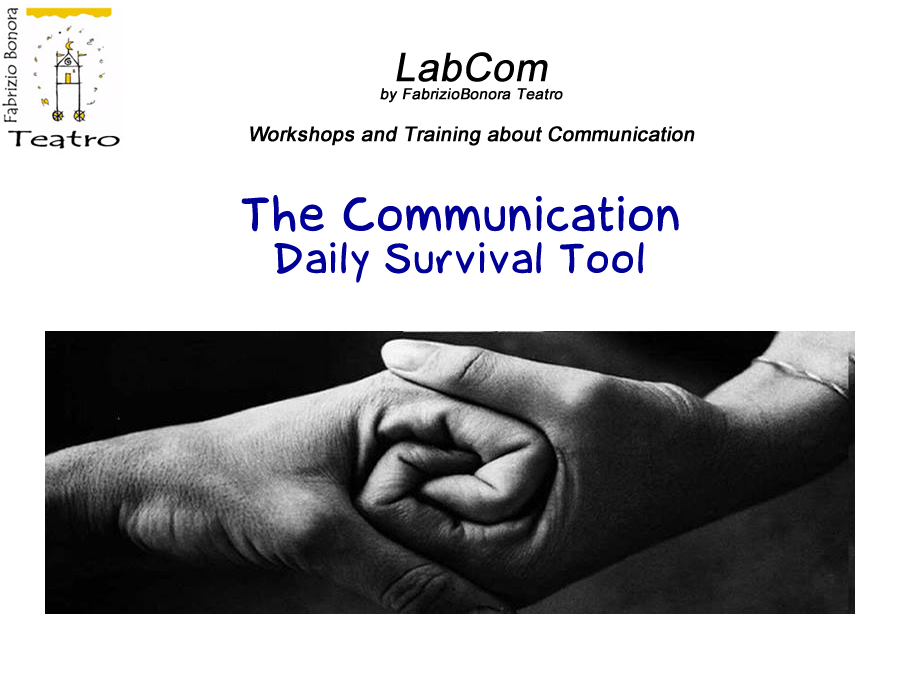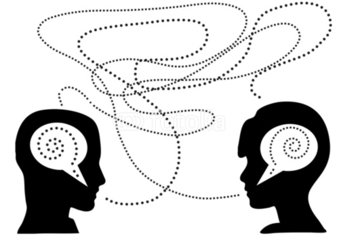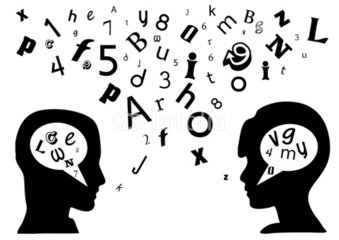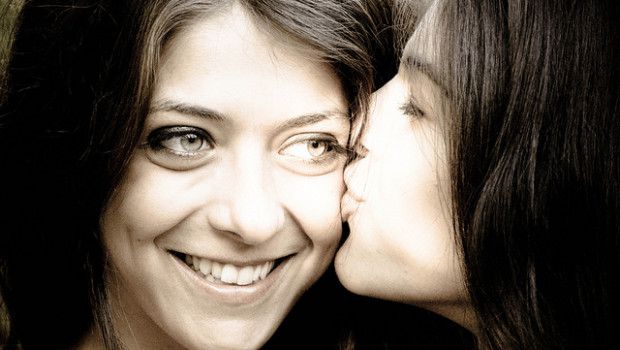
This workshop comes from more than twenty years of experience about theatre as a studying instrument of human relationships inside the professional situations of healthcare and social care fields.
Two days for discover how simple and identifiable are the communication elements, and how many different variations them can have, so giving positively or negatively shape to our daily life.
To get out from the relationship's mish-mash with the people who we're daily meet it’s really demanding, and almost always it’s very complicate too.


The most common way is that of any trick’s finding, looking for shortcuts, stratagems which can put ourself safe against any possible menace that any Other could brought in our life, without being forced (or being able?) to listen it: without listen to the Other, without listen not even to Him/herself
Four meetings of four hours each one for re/know the instruments that can help ourselves to find inside us a space where we’ll can activate this kind of listening, a listening that allows to us of maintaining, without lose it on the road, that ours part which is able of relationship, contact and empathy.

The Work Program
• Bad, good, or just ok. Movies, realty, emotions and reactions
• What’s communication. Starting from ABC talking about A, B and C
• The non-verbal languages
• Stereotype e stereotyped: when the servant is marrying her master
• Kostja, Leonid, the ‘900th century theatre, the Empathy and the mirror neurons
• The Conflict
• The Emotion and the Imagination
• Confirm, Refusal and Disconfirm
• The Language Traps
• Contact Exercises: the Talking Body• The Kindness, strategical element of interaction
I, working about the critical situations that involve people whose job is to take care of other people, I had chance to developing several studies and debate paths that have as reference points the communication modalities, evaluated as clear and easily detectable signals by the relationships in act between the professional figures during the simulated situations which –with the participants to the workshops- we played in front to the colleagues.
The theatrical and dramatic reading (surely not psychoanalytic!) of what happened is the space of work and confrontation to both the behaviour field and the emotional field, keeping free everybody to choose to uncover or keep hidden his cards, without frustrating the effectiveness of the situation.
